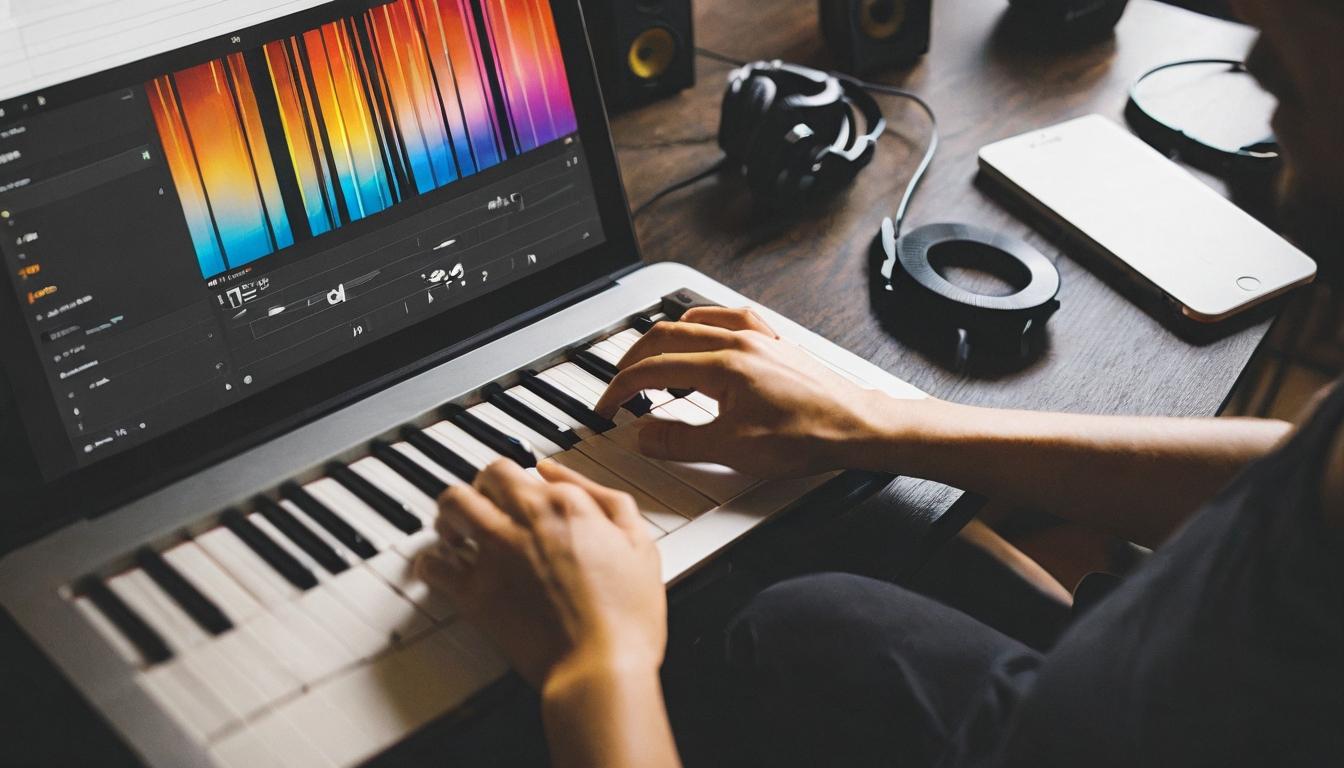The camera pans across a desolate landscape, the protagonist's face etched with despair. But it's not the visual that makes your heart ache—it's the lone cello weaving through the silence, telling you everything the character cannot say. This is the power of modern film scoring, an art form undergoing a quiet revolution while most audiences remain unaware of the seismic shifts happening behind the scenes.
Film composers have become the secret architects of emotional narrative, moving far beyond the traditional role of simply underscoring action. Where once scores served as emotional signposts—telling viewers when to feel tense, romantic, or triumphant—today's composers are building entire psychological landscapes. Take Hildur Guðnadóttir's work on Joker, where the score doesn't just accompany Arthur Fleck's descent into madness—it becomes the madness itself, a living, breathing character in the narrative.
The tools of this revolution are as diverse as the stories being told. While Zimmer and Williams continue to command massive orchestral forces, a new generation is embracing everything from ancient instruments to AI-generated sounds. Composers like Mica Levi use microtonal strings and unconventional harmonies to create discomfort that lingers long after the credits roll. Meanwhile, Nicholas Britell's fusion of classical composition with hip-hop beats in Succession created a musical language that perfectly captured the show's themes of old money meeting new power.
What's particularly fascinating is how streaming platforms have become laboratories for sonic experimentation. Limited series and streaming films allow composers to develop musical themes over longer arcs, creating complex musical narratives that evolve alongside characters. The Mandalorian's Ludwig Göransson used the freedom of Disney+ to blend Western motifs with synthwave and world music elements, crafting a soundscape that feels both familiar and utterly alien.
Technology has democratized the composing process in ways that would have been unimaginable two decades ago. Composers can now work from home studios with virtual orchestras that rival the sound of Abbey Road, while real-time collaboration across continents has become routine. Yet this accessibility comes with its own challenges—the market is flooded with composers, and standing out requires not just technical skill but a unique artistic voice.
The business side of film scoring has transformed just as dramatically. Composers now navigate complex rights agreements, streaming royalties, and the constant pressure to deliver scores faster for accelerated production schedules. Many find themselves wearing multiple hats—producer, arranger, sometimes even performing most of the instruments themselves to meet tight deadlines and budgets.
Perhaps the most significant shift is how composers are fighting for creative recognition within the filmmaking process. No longer content to be brought in during post-production, many are demanding involvement from the script stage, arguing that music should be woven into the DNA of a film rather than applied as an afterthought. This collaborative approach has led to some of the most innovative scoring in recent memory, where music and image develop in conversation rather than competition.
Audiences, too, are becoming more sophisticated in their appreciation of film music. Social media platforms buzz with analysis of leitmotifs and thematic development, while soundtrack albums regularly chart alongside pop releases. The success of events like Live to Projection concerts, where films are screened with live orchestral accompaniment, demonstrates that listeners want to experience these scores as complete musical works, not just background accompaniment.
Looking ahead, the boundaries between film scoring and other musical forms continue to blur. Video game composers are bringing interactive scoring techniques to linear media, while pop producers are applying their hit-making sensibilities to cinematic narratives. The result is a rich, hybrid musical language that reflects our increasingly cross-platform entertainment landscape.
What remains constant is the emotional power of a great score to elevate storytelling beyond what words or images can achieve alone. In an age of visual overload, film music provides the emotional throughline that connects audiences to characters and themes on a primal level. The composers working today aren't just writing music—they're building the emotional architecture of our collective imagination, one note at a time.
The unsung heroes: how film composers are rewriting the rules of movie storytelling

